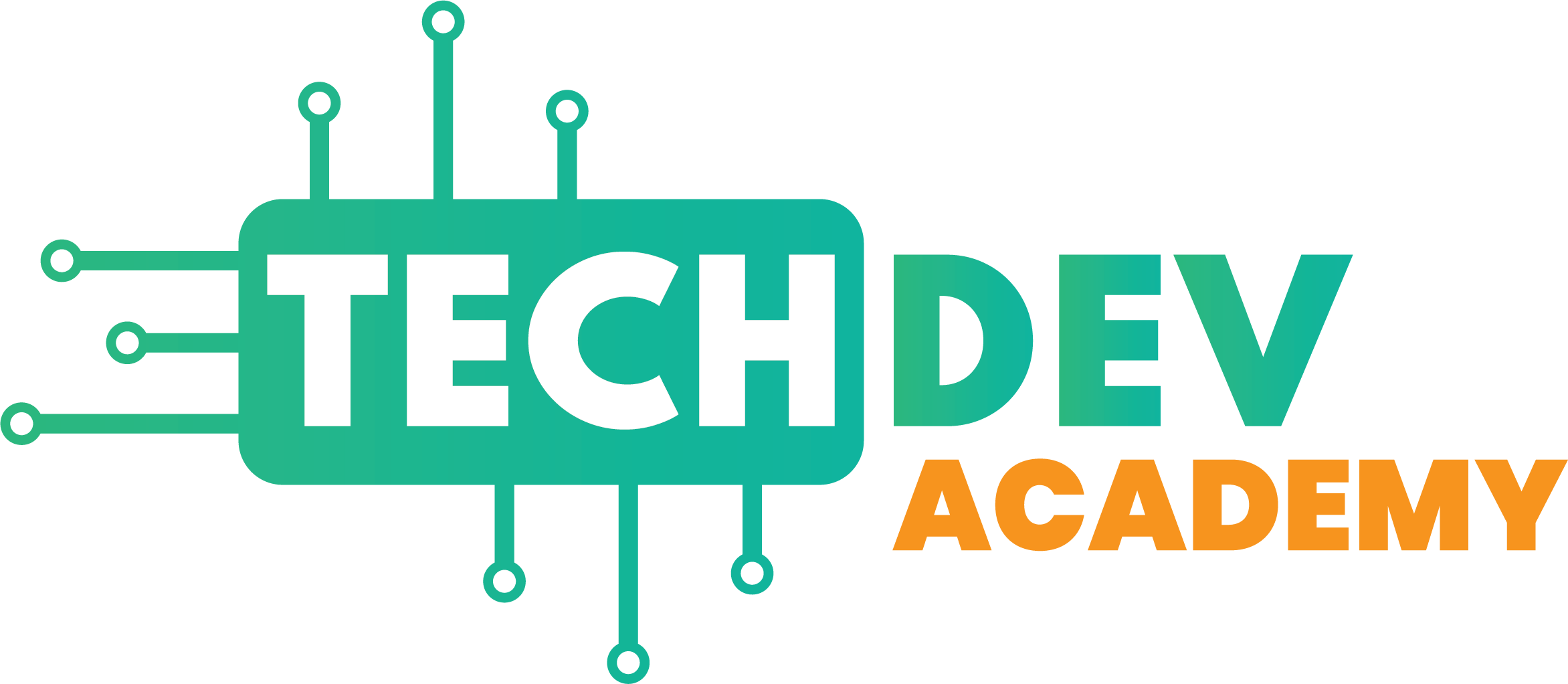Most startups don’t fail because the idea is weak. They fail because the execution is poor.
Having a great idea is only the starting point. Entrepreneurial skills and proper implementation separate startups that fail from those that thrive.
Why Skills Matter More Than Ideas
In the startup world, ideas often get the spotlight. But in practice, execution determines success.
Data shows that 90% of startups fail, and only 10% survive beyond the first year. If ideas were the key driver, these numbers would look very different. However, startups fail because the skills to bring them to life are missing.
Data from CB Insights confirms this:
- 42% fail due to misreading market demand
- 29% run out of funding
- 16% suffer from cash flow issues
These issues are rooted in skill gaps like not understanding your customer, poor financial management, weak leadership, and broken communication.
Building a company demands more than a bright concept. It requires dealing with uncertainty, managing risk, leading people, and making high-stakes decisions daily. Skills bridge the gap between vision and results, not ideas.
In other words, a good idea without skill is just potential. But with the right skills, even a simple idea can thrive.
Top 10 Skills for Startup Success
To succeed as a young entrepreneur, certain skills are essential. Here are the ten that consistently impact performance, backed by research and real-world examples.
Leadership
Good leadership is about making strategic choices, building trust, and adapting under pressure.
A study on 507 startups in Germany showed that entrepreneurial leadership directly improves venture performance, especially in teams with fewer than 10 employees.
Founders with elite education or prior experience at major tech companies also performed better:
- 220% stronger performance for teams with Ivy League, Stanford, or MIT backgrounds
- 160% higher performance and 50% larger valuations for founders with experience in top tech firms
The takeaway? Leadership isn’t just about charisma. It’s a measurable performance factor.
Financial Literacy
A solid idea can collapse under weak financial decisions. That’s why financial literacy is non-negotiable.
In a study of 206 entrepreneurs in Mexico, financial behavior, how money is managed daily, was the strongest factor in company success.
In other words, knowing theory isn’t enough. What matters is applying skills like:
- Budgeting
- Cash flow tracking
- Financial forecasting
- Managing expenses during growth or downturn
Young founders often lack financial experience, but the ability to control cash flow can be the difference between scaling and shutting down.
Communication
Poor communication wrecks more startups than bad products. According to CB Insights, 23% of startup failures stem from team conflict often due to unclear communication.
Startups grow fast. Roles change. Deadlines shift. When communication breaks down, confusion turns into delays, resentment, or lost business.
Key communication skills include:
- Pitching ideas clearly
- Giving and receiving feedback
- Managing conflict
- Negotiating deals
- Aligning your team around a shared vision
Strong communicators keep their teams moving in the same direction. Weak communicators stall progress.
Problem-Solving
34% of startups fail because they never reach product–market fit. This means the product doesn’t solve the right problem. Or solve it well enough.
Problem-solving is the ability to identify what’s not working and fix it. It helps you:
- Spot customer pain points early
- Improve your product through iteration
- Find creative workarounds when money or time runs short
- Respond quickly when competitors make a move
This isn’t guesswork. It’s a skill built through structured thinking, testing, and analysis.
Top Traits of Young Entrepreneurs
- Resilience and Grit
- Adaptability to Change
- Effective Communication
- Problem-Solving Skills
- Vision and Strategic Thinking
Traits to Avoid in Entrepreneurship
- Fear of Failure
- Micromanagement
- Poor Time Management
- Overconfidence Without Research
- Ignoring Customer Feedback
Creativity
Creativity drives innovation. In 2020, AI startups attracted $8.2 billion in funding because investors want original solutions to real problems, not just the next version of something that already exists.
Creative entrepreneurs aren’t just artists. They:
- Find new uses for existing tech
- Create fresh marketing angles
- Spot gaps in saturated markets
- Build products that feel different
Creativity turns ideas into products worth talking about.
Adaptability
Markets shift. Customer needs change. Competitors copy fast. The only way to survive is to adapt quicker than the rest.
Adaptability is often what separates a failed startup from a pivoted success story.
Companies like Slack and Twitter started as entirely different products. They succeeded because their teams were willing to change direction when the original idea didn’t stick.
Entrepreneurs who adapt their business model mid-journey see significantly better financial outcomes. This is especially true in unstable markets or during economic downturns.
Adaptability means:
- Letting go of sunk costs
- Making fast decisions with limited data
- Listening to feedback without taking it personally
- Learning new skills on the fly
- Changing your strategy without losing your core mission
Startups don’t fail from the wrong first move. They fail when they stick to it for too long.
Sales Skills
A founder who can’t sell is a founder who won’t last.
You’ll have to pitch investors, close deals, recruit top talent, and convince people to believe in something that doesn’t fully exist yet. That all boils down to sales.
Founders with sales backgrounds are more likely to reach higher revenue milestones. And no, you don’t need to be pushy to sell. You need to understand:
- Your customer’s pain points
- The real value of your product
- How to frame benefits, not features
- How to build trust quickly
- How to handle rejection and objections
Sales isn’t a side skill. It’s the lifeblood of a startup, especially in the early stages when every customer counts.
Time Management
Time is limited, especially in a startup. There are always more tasks than hours in the day. Managing your time well means knowing what not to do.
Time management isn’t just about working harder. It’s about working on the right things. Startups that don’t prioritize correctly risk burning out early, losing focus, or wasting resources.
Poor time allocation often contributes wasting months chasing features no one uses, markets no one cares about, or strategies that go nowhere.
Strong time management involves:
- Blocking time for deep work
- Delegating or automating low-value tasks
- Using tools like Notion, Asana, or Trello
- Setting short sprints with measurable goals
- Reviewing progress weekly
It’s not about doing more. It’s about doing what matters faster.
Strategic Thinking
Strategic thinking is what connects your daily actions to long-term outcomes.
It’s not the same as planning. It’s about identifying opportunities, anticipating problems, and aligning your next steps with your vision.
A Harvard Business Review study found that startup founding teams under age 25 performed 30% above average, often due to fast, strategic shifts and fresh market insights. Younger founders can be especially good at this because they haven’t been trained to “follow the rules.”
Strategic thinking includes:
- Spotting trends early
- Knowing when to enter a market and when to exit
- Structuring pricing, hiring, and growth with future goals in mind
- Making decisions based on data, not just instinct
Without a strategy, founders tend to react instead of lead. That usually ends in burnout or missed opportunity.
Leadership
Inspire and guide your team with vision.
Problem Solving
Make fast and effective decisions.
Communication
Express ideas clearly and build trust.
Time Management
Boost productivity through planning.
Adaptability
Stay agile in a fast-changing world.
Resilience
Finally, the most underrated skill: resilience.
Startups fail all the time. Even the best ones hit walls, lose money, and make bad calls. What keeps a founder going isn’t luck or talent. It’s staying calm, focused, and determined through setbacks.
Andrew Glantz, founder of GiftAMeal, donated over 2 million meals through a mission-driven app despite early challenges with growth, partnerships, and visibility. That kind of perseverance is what separates temporary effort from long-term success.
Resilience is built by:
- Taking failure as feedback
- Separating self-worth from business outcomes
- Building a support system
- Being flexible with tactics but firm on mission
- Managing stress proactively
No founder escapes tough moments. The successful ones just keep moving forward.
How TechDevAcademy Builds Entrepreneurial Skills
Developing these ten skills doesn’t happen overnight. And most schools don’t teach them. That’s where TechDevAcademy steps in.
This platform is built for aspiring entrepreneurs who want hands-on, real-world preparation. Instead of focusing only on theory, TechDevAcademy helps young founders build practical, measurable skills through guided programs and community support.
Skill-Based Curriculum
Each course targets one or more essential startup skills. Whether you’re learning product design, financial forecasting, or growth strategy, you’re actively practicing:
- Critical thinking
- Time-sensitive decision-making
- Pitch writing and delivery
- Budgeting with limited resources
- Team collaboration under pressure
Modules are designed around real startup scenarios. Not case studies from 20 years ago.
Mentorship From Founders
Users can learn directly from experienced founders and tech professionals. These mentors don’t just give advice. They walk through actual challenges and solutions.
This access helps students develop:
- Better communication
- Stronger leadership presence
- Sharper market analysis
- The confidence to pivot
Project-Based Learning
Instead of exams, students build startups from the ground up. They define a problem, validate demand, create a prototype, and pitch their solution. All within a structured learning framework.
By the end of the program, students walk away with:
- A working MVP
- A pitch deck
- A clear understanding of customer needs
- Feedback from peers and instructors
Community Support
TechDevAcademy‘s peer community offers a safe, collaborative environment. Participants share feedback, offer solutions, and support each other through wins and failures.
Being surrounded by ambitious, like-minded builders strengthens two major skills: networking and resilience.
Why Early-Stage Founders Should Start Here
Most startup success stories are written by people who spent years failing first. That’s normal but avoidable.
TechDevAcademy exists, so first-time founders don’t have to learn everything the hard way. The program teaches what Google can’t: how to make decisions with limited time, money, and clarity.
If you’re a student or young professional with a business idea, this is your shortcut to real startup experience without the years of trial and error.
And you’ll do it alongside a community that’s all-in, just like you.
📈 Entrepreneurial Mastery Levels
FAQ
What is TechDevAcademy?
TechDevAcademy is an online platform that helps early-stage founders build startup skills through hands-on learning, mentorship, and real-world projects. It’s designed for young entrepreneurs who want more than theory.
Do I need to have a startup idea to join?
No. You’ll learn how to identify problems worth solving and develop a business idea as part of the program. Some students arrive with an idea, others find one during the course.
Is it only for tech startups?
The core skills apply to any kind of business. While the curriculum often includes digital products, students have launched everything from food brands to service platforms.
How long does the program take?
Most programs run for 8 to 12 weeks, with flexible pacing options. You’ll get lifetime access to materials, so you can revisit content and continue building at your own speed.
What do I get by the end of the course?
You’ll finish with a validated business idea, a working MVP, and a complete pitch deck. You’ll also have feedback from mentors, a community of peers, and a clear roadmap to launch.
What makes TechDevAcademy different from other platforms?
This isn’t just another “how to build a startup” course. It’s an ecosystem where you learn by doing, surrounded by real founders and actionable feedback. No fluff. No guesswork. Just real progress.



